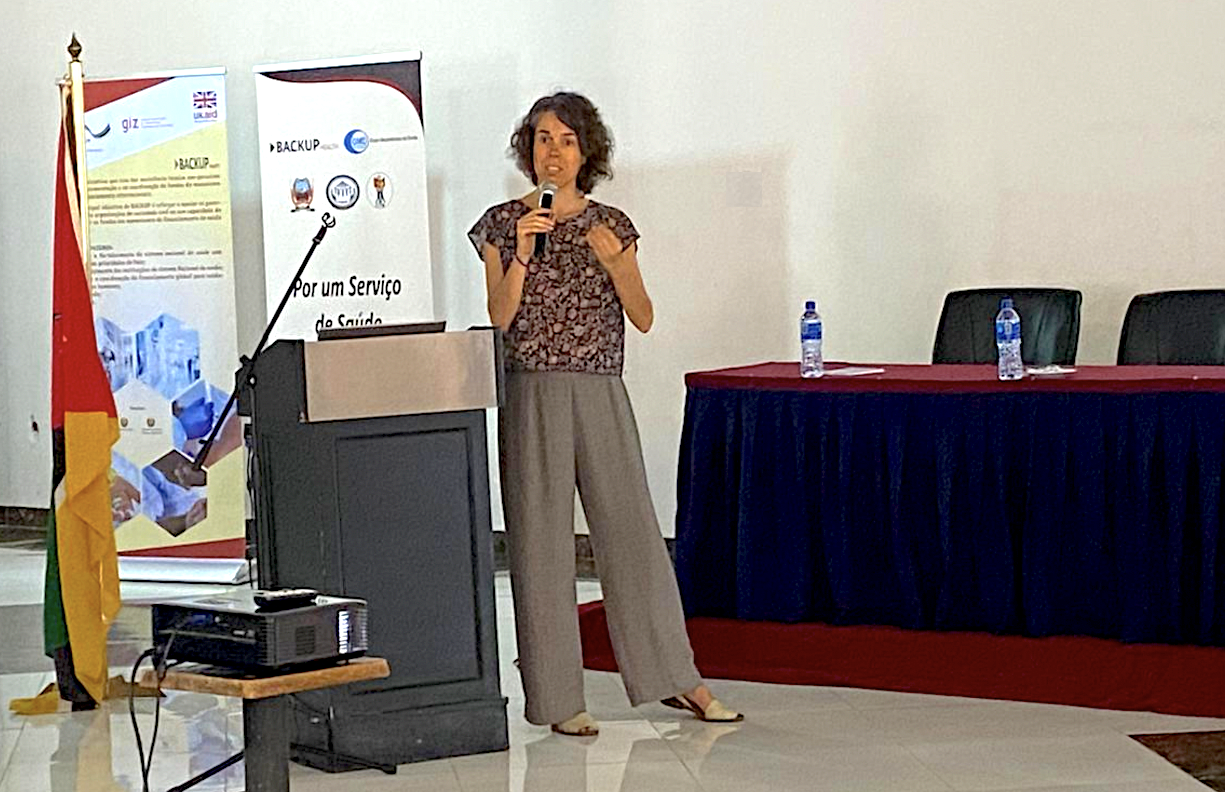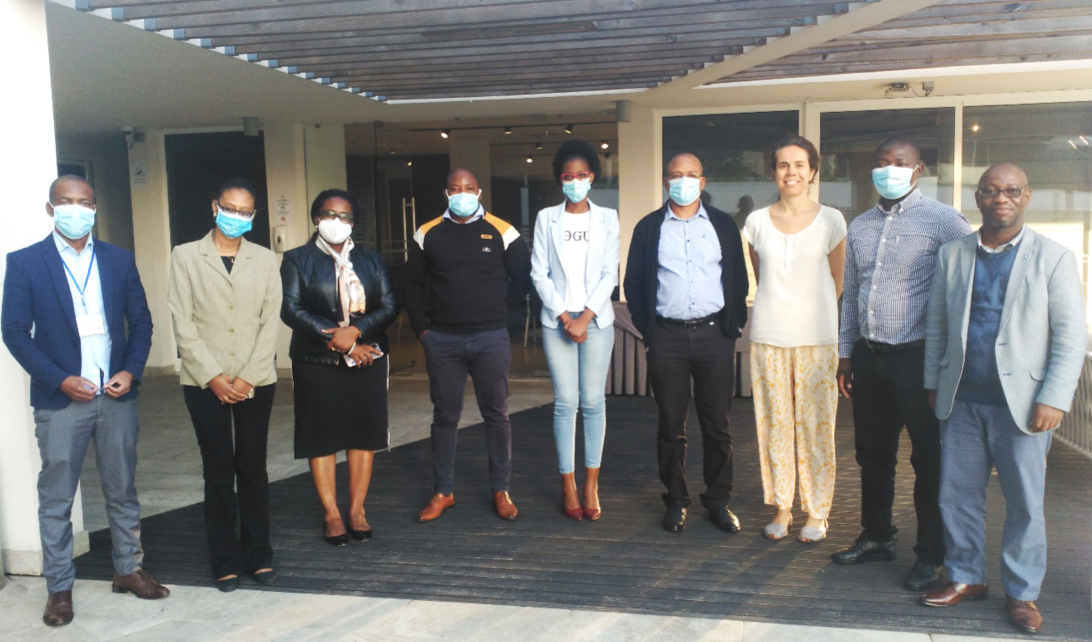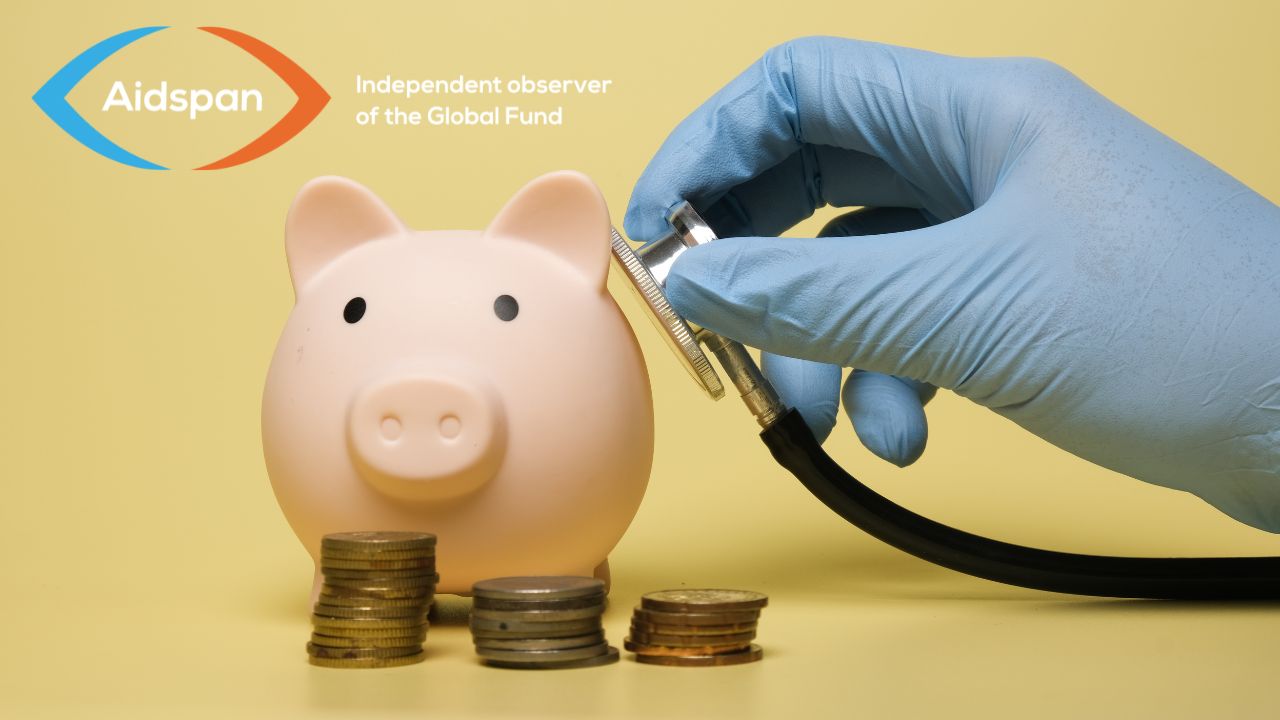Mozambique is making steady progress in universal health coverage (UHC), as shown by the following indicators. Mozambique’s UHC Effective Coverage Index was 44 in 2021[1], one of the highest in Africa in relation to its low GDP. Public financing and minimal user fees protect people from catastrophic costs. The Household Budget Survey 2019-20, published by the National Institute of Statistics, estimates that only 1-2% of household budgets go to health expenses. However, financial protection is eroding due to increasing user fees in the public sector and the emerging use of the private sector.
The reference document is the Health Sector Strategic Plan, which includes sector priorities, has been extended to cover the period through 2024.
Specifics on health financing
Mozambique has a system of universal access to services based on citizenship that does not require specific payments to access services. Current reforms focus on improving the quality of service and efficiency in providing services.
The public health sector in Mozambique is financed through general taxation, which in turn allocates funds to the Ministry of Health (MISAU), provinces, districts and municipalities.
External funds represent a large share of resources for the health sector, totaling 47% of the health budget according to the 2021 Budget Execution Report of MISAU. Of these external funds, 87% are for medicines (donations in-kind), and the remainder for donor-funded projects. The yearly per capita public expenditure for health is approximately MZN 1600 ($ US 25).
Mozambique allocates, 7.6% of its domestic public expenditure for the health sector (13.4% of the total public expenditure). Public health expenditure is at 4.3% of the gross national product (2% without external funding). These figures are based on data included in the Budget Execution Report of the Ministry of Finance.
A large volume of additional external resources, equivalent to all public expenditure, is provided outside the national budget process through external implementers. This is especially true of HIV-AIDS programmes, which contribute extensive external resources impacting the health sector financing.



